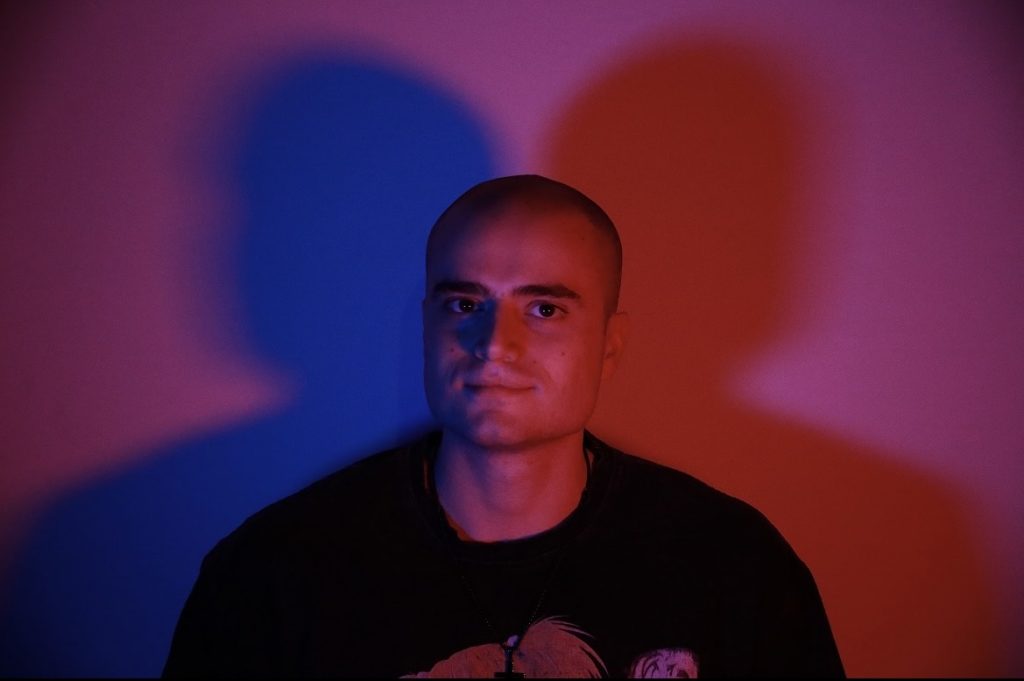Sequels have a Herculean task ahead of them. It’s not easy to create a new story from an existing work that honors the original. But Tatsuki Fujimoto, creator of the hit Japanese comic “Chainsaw Man,” cracked the code. “Chainsaw Man” is a manga that follows Denji, a teenage boy who has the ability to turn into a demon. The story follows his journey growing up as he fights demonic enemies and makes new friends. “Chainsaw Man’s” Part Two started in July 2022 after a break of a year and a half. Fujimoto crafted an incredible sequel with this story by creating exciting new characters, giving more development to older characters and subverting the original themes of Part One.
In the first handful of chapters of Part Two, Denji does not make an appearance at all. Instead, the audience follows a new narrator, Asa Mitaka. Asa is a high schooler who becomes partially possessed by the War Devil, and the second handful of chapters follow her journey of trying to rid herself of this demon. This new take on a narrator makes this part of the story so special. The audience is already very used to Denji due to how much intimate time they spent with him. The reader saw him at his best and at his worst, so to go into a new era of the series, Denji is the expected character to follow. In this case, Asa is such a breath of fresh air for the series in comparison to her predecessor.
Denji is the definition of a go-getter. He grew up scraping by, killing any demon he could find for just a measly paycheck. Denji was dealt a terrible hand, but he made do with what he had. He is a young kid after all, so he has his whole life ahead of him to try to change his circumstances. What makes Denji a great character is his immaturity and strong spirit. He doesn’t take many situations seriously, but he does take his goals seriously. Whether it’s his attempts to hook up with women he’s interested in or to live an ordinary life, Denji goes all in to the best of his ability. Part Two gives Denji interesting situations that show his growth from Part 1.
Denji had many simple goals in Part One of the story. His overarching goal was to just live a normal life. He wanted to go to school, get a girlfriend and eat tasty food. When you’re a devil hunter who lives paycheck to paycheck and scrapes by, living a normal life is very appealing. What’s incredible about this story is that Denji gets what he ultimately wants. Most of the time, when a protagonist has an overarching goal, they get it by the end. Denji has the normal life he dreamed of at the start of Part Two. He lives in an apartment, has access to food whenever he wants and goes to school. Denji’s reaction to all of this is the cherry on top of this sweet story.
In the most recent chapters of the series, Denji is forbidden from turning into Chainsaw Man. A cult-like church of fanatics has been causing havoc in Japan in his name, so some crummy upper-levels at his old job threaten him with violence against his loved ones if he keeps being a hero. Denji now enters a depressive state. Fujimoto shows him going through the motions of mundane, everyday life with a soulless stare. Denji reflects on his current situation. He finally has his ideal life with everything that he wanted, but he cannot get the thrill that his alter ego brings. He questions his very existence, asking himself about his future and if his life will be even more mundane once he graduates and gets a job. Denji sees his new life — the achievement of his goal — as a handicap.
Fujimoto ingeniously flips the script on what his main character originally wanted. Denji gets what he wants, and he feels empty. This is such an incredible turn for his character because it is incredibly realistic. Many times, when one accomplishes a goal, the next ambition will pop up soon after. It’s the human condition — always wanting to see what’s on the other side. Denji accomplished his goal and feels hollow instead of fulfilled. As of this piece’s writing, “Chainsaw Man” is not a finished work, so the story can truly go anywhere. This writer, however, has full confidence that whatever Fujimoto decides to do with these wonderful characters, not only will it be incredibly entertaining, but it will also be satisfying and poetic. He has proved that before and is still proving it now.
Nicolas Scagnelli is a junior majoring in English.



